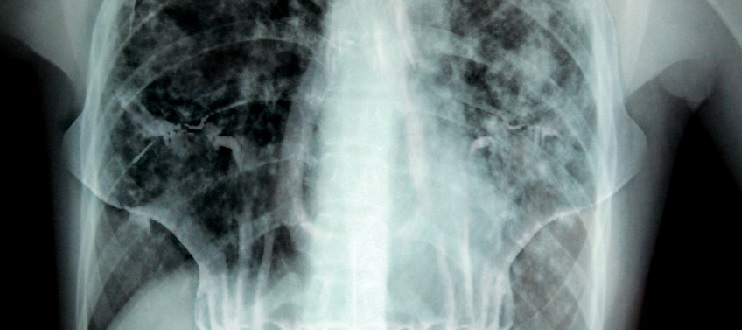

 Back to Suggested Publications
Back to Suggested Publications

WAidid suggests this week the article "World Health Organization. Ethics guidance for the implementation of the End TB Strategy", published in March 2017.
SUMMARY:
New tuberculosis (TB) ethics guidance, launched recently by the World Health Organization (WHO), aims to help ensure that countries implementing the End TB Strategy adhere to sound ethical standards to protect the rights of all those affected. Poverty, malnutrition, poor housing and sanitation, compounded by other risk factors such as HIV, tobacco, alcohol use and diabetes, can put people at heightened risk of TB and make it harder for them to access care. More than a third (4.3 million) of people with TB go undiagnosed or unreported, some receive no care at all and others access care of questionable quality. The new WHO ethics guidance addresses contentious issues such as, the isolation of contagious patients, the rights of TB patients in prison, discriminatory policies against migrants affected by TB, among others. It emphasizes five key ethical obligations for governments, health workers, care providers, nongovernmental organizations, researchers and other stakeholders to: provide patients with the social support they need to fulfil their responsibilities; refrain from isolating TB patients before exhausting all options to enable treatment adherence and only under very specific conditions; enable “key populations” to access same standard of care offered to other citizens; ensure all health workers operate in a safe environment; rapidly share evidence from research to inform national and global TB policy updates.
AUTHOR: World Health Organization (WHO)